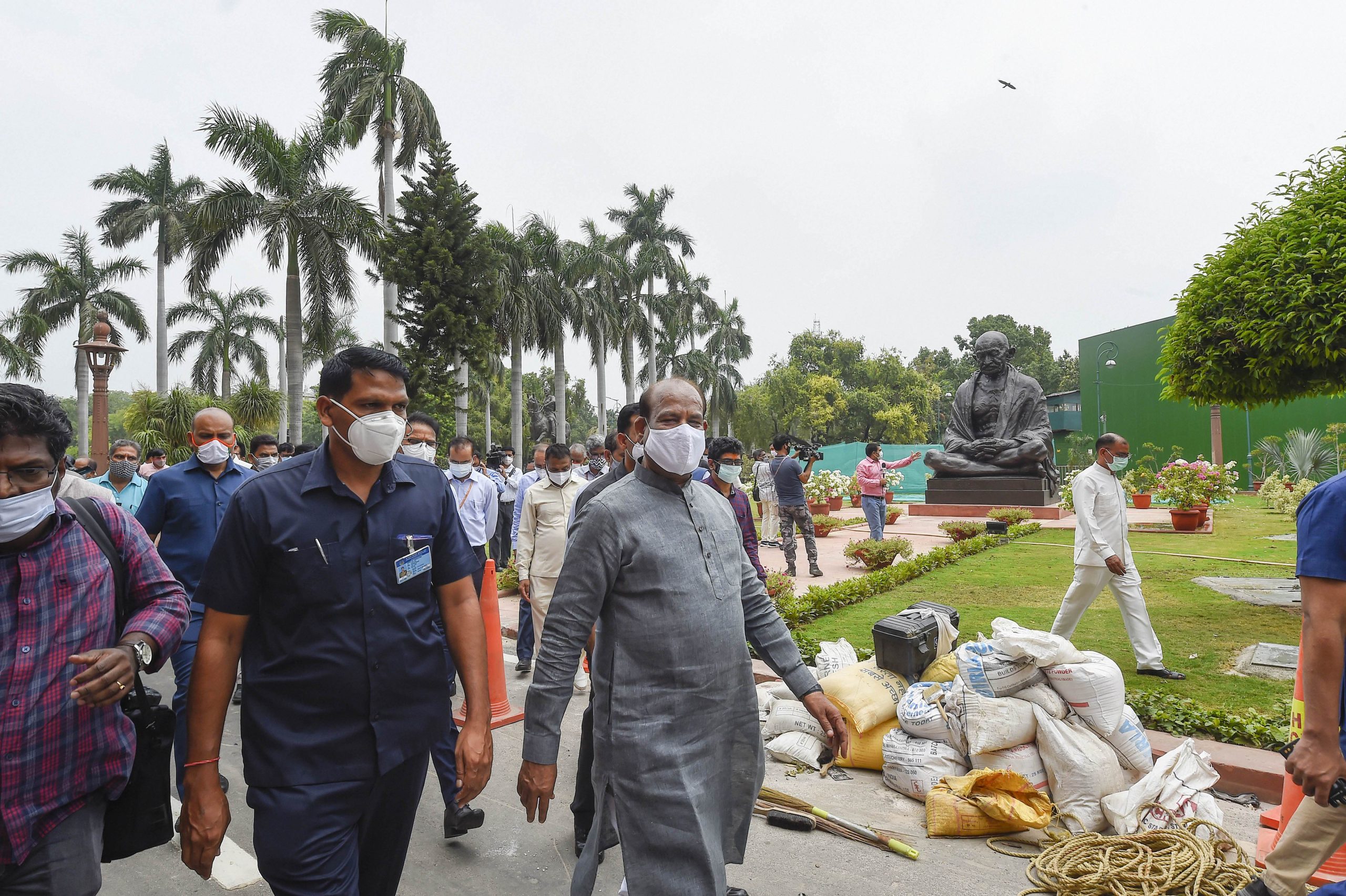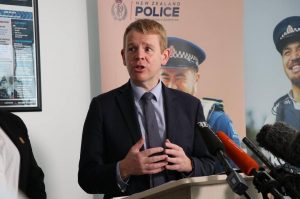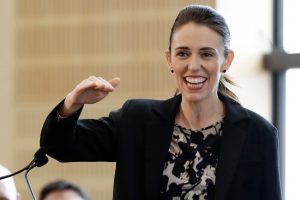The Monsoon Session of Parliament will take place from July 19 to August 13 and it will have 19 business days, reported ANI quoting Lok Sabha Speaker Om Birla. He said all members and media will be allowed in accordance with COVID rules.
“RTPCR test is not mandatory. We will request those who have not undergone vaccination to undergo test,” he added. Both the Houses will be in session from 11 am to 6 pm.
Addressing a press conference in the parliament complex, Birla said 323 MPs have been fully vaccinated against the virus, while 23 have not been able to take their first jab due to some medical reasons.
Also Read| Different sessions of Parliament in India: All you need to know
Ever since the outbreak of the pandemic, three sessions of Parliament were curtailed while the winter session last year had to be cancelled. The Monsoon Session, which usually starts in July, had begun in September last year owing to the pandemic situation.
The Parliament has three different sessions – Winter, Budget and Monsoon session. During a session, a House meets almost every day to manage the business.
Budget Session
Convened between February to May every year, the budget session is considered to be a highly crucial session of the Parliament. The Union Budget is usually presented on the last working day of the month of February. The finance minister presents the annual budget and members discuss the various provisions of the budget and matters concerning taxation. Generally split into two periods with a gap of one month between them, the session is the longest. Before the budget session, the President addresses both the Houses.
Monsoon Session
The monsoon session is generally held two months after the budget session from the month of July to September every year. Matters of public interest are discussed during this session. This year, due to the coronavirus pandemic the monsoon session has not been convened yet. It is expected to start from September 14.
Winter Session
The winter session of Parliament is held in mid-November to mid-December every year. It is the shortest session of all. It takes up the matters that could not be considered upon earlier and makes up for the absence of legislative business during the second session of the Parliament.





